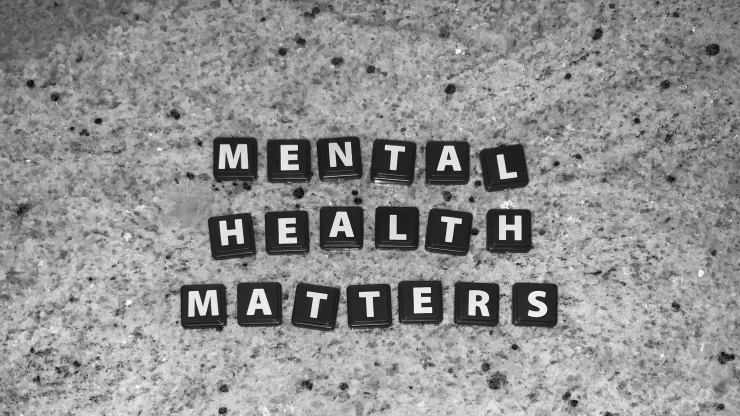Jump to Section
The Power of Self-Esteem
Self-esteem is the foundation of a happy and fulfilling life. It is the belief in one’s own worth and abilities, and it influences how we perceive ourselves, our relationships, and the world around us.
A healthy self-esteem allows us to navigate life’s challenges with confidence and resilience, while a low self-esteem can lead to feelings of inadequacy, anxiety, and depression.
In this article, we will explore the role of self-esteem in fostering happiness and well-being, and provide tips and tricks for boosting your self-esteem.
The Connection between Self-Esteem and Happiness
Self-esteem and happiness are closely linked. When we feel good about ourselves, we are more likely to experience positive emotions, such as joy, contentment, and pride.
On the other hand, low self-esteem can lead to negative emotions, such as sadness, anger, and shame. Research has shown that people with higher levels of self-esteem report higher levels of life satisfaction and well-being.
The Link between Self-Esteem and Well-being
Self-esteem also plays a crucial role in our overall well-being. A healthy self-esteem can improve our mental health, physical health, and relationships.
People with higher levels of self-esteem are more likely to take care of themselves, make healthier choices, and have better relationships with others.
On the other hand, low self-esteem can lead to a range of problems, such as anxiety, depression, addiction, and poor physical health.
How to Boost Your Self-Esteem: Tips and Tricks
Boosting your self-esteem is an ongoing process that requires effort and commitment. Here are some tips and tricks for improving your self-esteem:
- Practice self-compassion: Be kind and understanding towards yourself, and treat yourself with the same care and respect that you would offer to a loved one.
- Focus on your strengths: Identify your strengths and talents, and celebrate your achievements and successes.
- Challenge negative self-talk: Notice when you are engaging in negative self-talk, and replace it with more positive and realistic self-talk.
- Set realistic goals: Set achievable goals for yourself, and celebrate your progress along the way.
- Surround yourself with positive people: Spend time with people who uplift and support you, and distance yourself from those who bring you down.
The Benefits of a Healthy Self-Esteem: From Confidence to Resilience
A healthy self-esteem has numerous benefits, including:
- Increased confidence and self-assurance
- Improved mental and physical health
- Greater resilience and ability to cope with stress
- Better relationships with others
- More fulfilling and satisfying life experiences
The Role of Self-Esteem in Achieving Your Goals
Self-esteem plays a crucial role in achieving our goals.
When we believe in ourselves and our abilities, we are more likely to take risks, persevere in the face of obstacles, and ultimately achieve success. On the other hand, a low self-esteem can hold us back and prevent us from realizing our full potential.
By cultivating a healthy self-esteem, we can overcome self-doubt and achieve our goals.
FAQ
How can I tell if I have low self-esteem?
There are several signs of low self-esteem, including:
- Constantly comparing yourself to others
- Feeling anxious or self-conscious in social situations
- Being overly critical of yourself
- Avoiding challenges or taking risks
- Struggling to accept compliments or positive feedback
Can self-esteem be improved?
Yes, self-esteem can be improved with effort and commitment. By practicing self-compassion, focusing on your strengths, challenging negative self-talk, setting realistic goals, and surrounding yourself with positive people, you can boost your self-esteem and improve your overall well-being.
Is self-esteem the same as confidence?
Self-esteem and confidence are related but not the same.
Self-esteem is the overall belief in one’s own worth and abilities, while confidence is a specific belief in one’s ability to accomplish a particular task or goal.
A person can have high self-esteem but low confidence in a particular area, or vice versa.

With a deep passion for personal development, Ben has dedicated his career to inspiring and guiding others on their journey towards self-improvement.
His love for learning and sharing knowledge about personal growth strategies, mindfulness, and goal-setting principles has led him to create My Virtual Life Coach.
Contact Ben at [email protected] for assistance.




